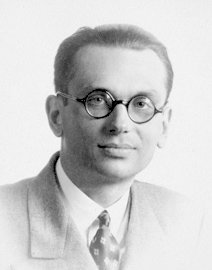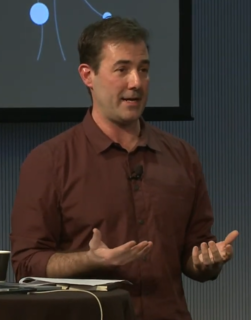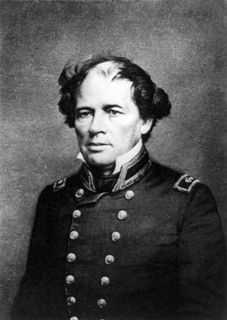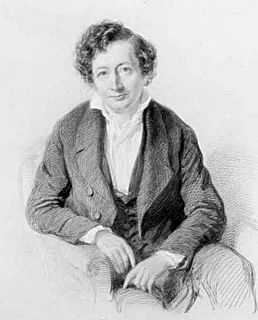A Quote by Jack Edmonds
The classes of problems which are respectively known and not
known to have good algorithms are of great theoretical interest. [...]
I conjecture that there is no good algorithm for the traveling
salesman problem. My reasons are the same as for any mathematical
conjecture: (1) It is a legitimate mathematical possibility, and
(2) I do not know.
Related Quotes
The development of mathematics toward greater precision has led, as is well known, to the formalization of large tracts of it, so that one can prove any theorem using nothing but a few mechanical rules... One might therefore conjecture that these axioms and rules of inference are sufficient to decide any mathematical question that can at all be formally expressed in these systems. It will be shown below that this is not the case, that on the contrary there are in the two systems mentioned relatively simple problems in the theory of integers that cannot be decided on the basis of the axioms.
The mathematical question is "Why?" It's always why. And the only way we know how to answer such questions is to come up, from scratch, with these narrative arguments that explain it. So what I want to do with this book is open up this world of mathematical reality, the creatures that we build there, the questions that we ask there, the ways in which we poke and prod (known as problems), and how we can possibly craft these elegant reason-poems.
If the system exhibits a structure which can be represented by a mathematical equivalent, called a mathematical model, and if the objective can be also so quantified, then some computational method may be evolved for choosing the best schedule of actions among alternatives. Such use of mathematical models is termed mathematical programming.
These algorithms, which I'll call public relevance algorithms, are-by the very same mathematical procedures-producing and certifying knowledge. The algorithmic assessment of information, then, represents a particular knowledge logic, one built on specific presumptions about what knowledge is and how one should identify its most relevant components. That we are now turning to algorithms to identify what we need to know is as momentous as having relied on credentialed experts, the scientific method, common sense, or the word of God.
The extraordinary fact is that the first idea I had which motivated me, that worked, is conjecture, a mathematical idea which may or may not be true. And that idea is still unproven. It is the foundation, what started me and what everybody failed to **** prove has so far defeated the greatest efforts by experts to be proven.
The problem with cinema nowadays is that it's a math problem. People can read a film mathematically; they know when this comes or that comes; in about 30 minutes, it's going to be over and have an ending. So film has become a mathematical solution. And that is boring, because art is not mathematical.
I believe in this being, not because I have any proper or direct knowledge of His existence, but I am at a loss to account for the existence and arrangement of the visible universe, and, being left in the wide sea of conjecture without a clue from analogy or experience, I find the conjecture of a God easy, obvious, and irresistible.
The Reader may here observe the Force of Numbers, which can be successfully applied, even to those things, which one would imagine are subject to no Rules. There are very few things which we know, which are not capable of being reduc'd to a Mathematical Reasoning, and when they cannot, it's a sign our Knowledge of them is very small and confus'd; and where a mathematical reasoning can be had, it's as great folly to make use of any other, as to grope for a thing in the dark when you have a Candle standing by you.
To do any important work in physics a very good mathematical ability and aptitude are required. Some work in applications can be done without this, but it will not be very inspired. If you must satisfy your "personal curiosity concerning the mysteries of nature" what will happen if these mysteries turn out to be laws expressed in mathematical terms (as they do turn out to be)? You cannot understand the physical world in any deep or satisfying way without using mathematical reasoning with facility.




































